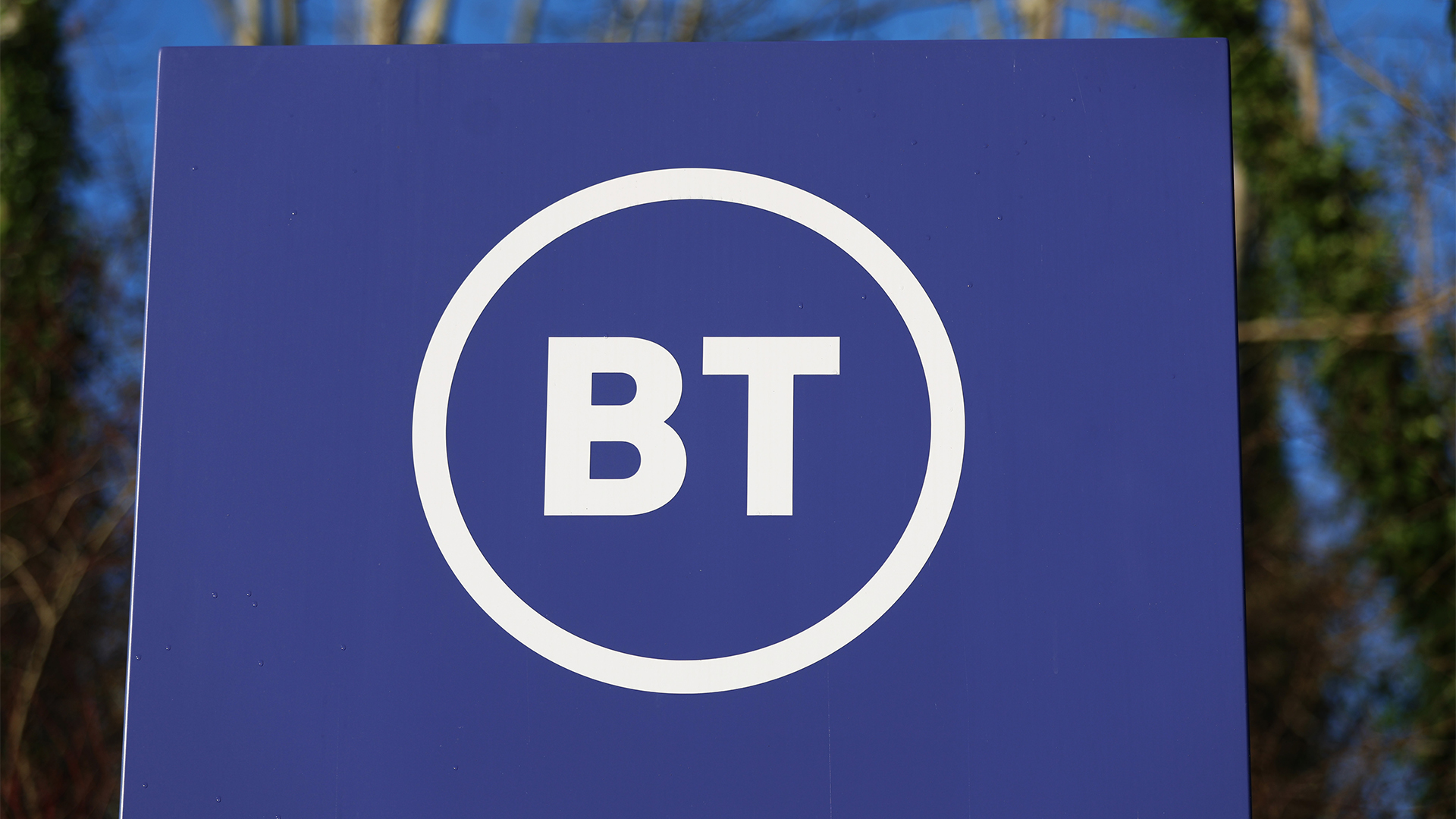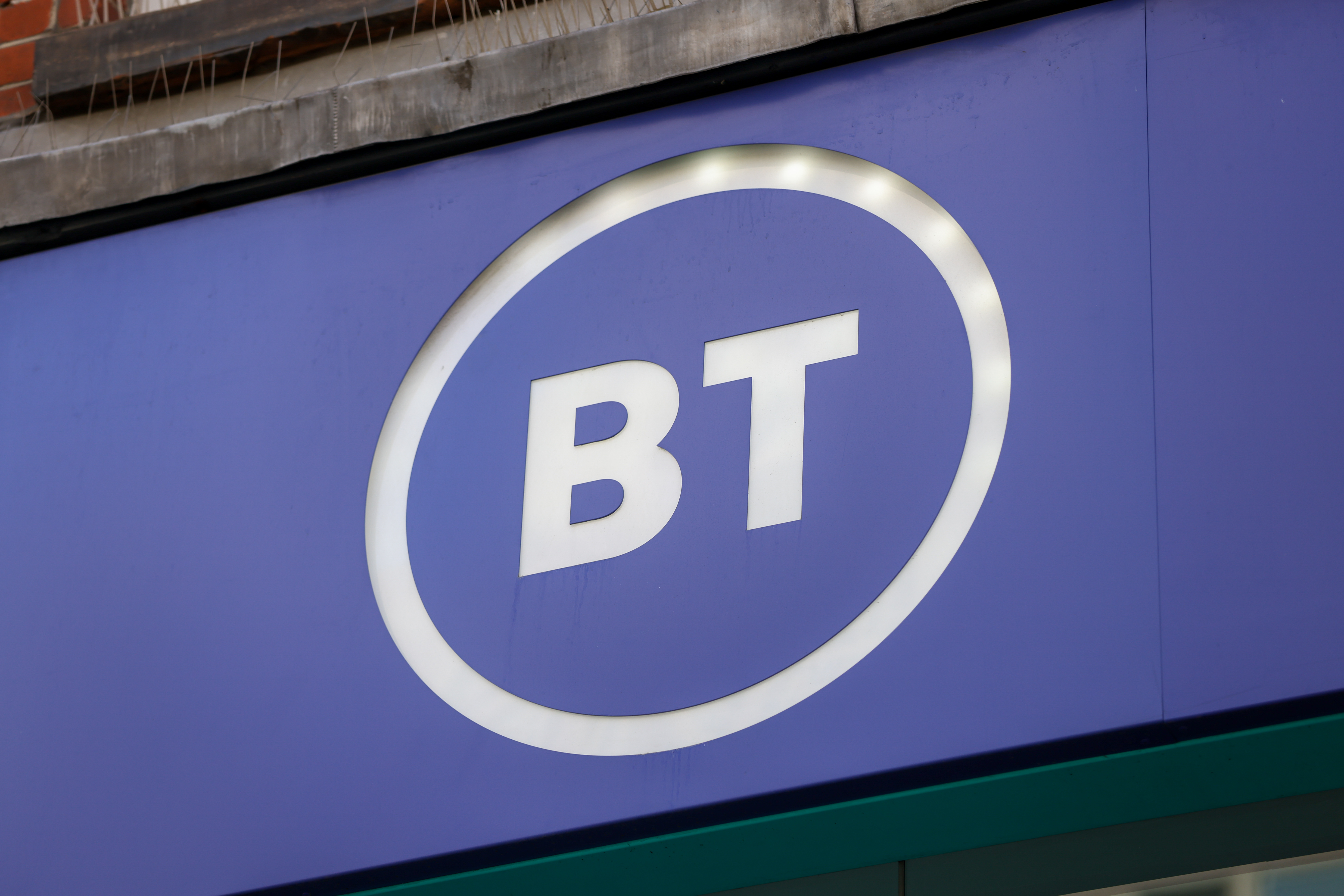BT offers Leicestershire superfast broadband boost
Telco secures a further deal through the controversial BDUK framework.

Leicestershire County Council has struck a 16.9 million deal with BT to aid the delivery of superfast broadband services to 95 per cent of the area's homes and businesses.
The contract was awarded through the Government's Broadband Delivery UK (BDUK) framework, and will see the county council invest 4.1million in the project, while BT has agreed to stump up 8.3 million.
A further 1.23 million is being offered by the European Union and BDUK will contribute 3.3 million towards the deployment.
Preliminary work on the project is expect to start in the autumn, with the first locations to benefit from the project expected to be announced early next year.
Blake Pain, the Leicestershire County Council cabinet member for economic development, said the project is forecast to provide the county with a 92 million economic boost over the next seven years.
"[This will be achieved] by making firms more competitive and attracting inward investment and jobs," said Pain.
"Rural communities and businesses can play a major role in the county's future, once they have the high speed connections they need to compete nationally and internationally."
Get the ITPro daily newsletter
Sign up today and you will receive a free copy of our Future Focus 2025 report - the leading guidance on AI, cybersecurity and other IT challenges as per 700+ senior executives
Bill Murphy, managing director of next generation access at BT, added: "Faster broadband will help to unlock rural Leicestershire's economic potential.
"A large number of people [living here] are self-employed, work from home and are in the creative, knowledge-based sectors which need high speed broadband and will provide the driving force for the county's digital economy."
BT is the last remaining bidder for deals through the controversial BDUK scheme, which was recently the subject of a scathing report by Government spending watchdog the National Audit Office (NAO).
In it, the organisation hit out at the scheme for reportedly being behind schedule, non-competitive and expensive.
-
 Should AI PCs be part of your next hardware refresh?
Should AI PCs be part of your next hardware refresh?AI PCs are fast becoming a business staple and a surefire way to future-proof your business
By Bobby Hellard Published
-
 Westcon-Comstor and Vectra AI launch brace of new channel initiatives
Westcon-Comstor and Vectra AI launch brace of new channel initiativesNews Westcon-Comstor and Vectra AI have announced the launch of two new channel growth initiatives focused on the managed security service provider (MSSP) space and AWS Marketplace.
By Daniel Todd Published
-
 Equinix acquires BT's Irish data centers in €59 million deal
Equinix acquires BT's Irish data centers in €59 million dealNews As BT moves to an asset-light business model, Equinix looks to expand
By Emma Woollacott Published
-
 BT just extended the PSTN switch-off deadline — here’s what you need to know
BT just extended the PSTN switch-off deadline — here’s what you need to knowNews BT described the move as a “revision”, citing a series of improvements to the wider PSTN switch-off programme
By George Fitzmaurice Published
-
 BT misses key Huawei kit removal deadline, but the telco is “almost over the line”
BT misses key Huawei kit removal deadline, but the telco is “almost over the line”News BT is still reliant on non-compliant Huawei equipment for 2G and 3G services
By Ross Kelly Published
-
 BT partners with HPE to deliver new global managed LAN service
BT partners with HPE to deliver new global managed LAN serviceNews The latest collaboration combines BT’s connectivity expertise with HPE Aruba Networking’s latest LAN solutions
By Daniel Todd Published
-
 Making the switch
Making the switchWhitepaper Realise the benefits of IP technology ahead of the digital ‘switch-on’
By ITPro Last updated
-
 BT and OneWeb succeed in "game changer" satellite connection trial
BT and OneWeb succeed in "game changer" satellite connection trialNews Smaller businesses in rural areas could benefit from improvements to backhaul services using satellites, with speeds increasing by an order of magnitude
By Rory Bathgate Published
-
 BT, Nokia crack four carrier aggregation on a 5G network in first for Europe
BT, Nokia crack four carrier aggregation on a 5G network in first for EuropeNews The breakthrough marks the first successful use of such technology on a live network, and could lead to dramatic network improvements
By Rory Bathgate Published
-

 BT Mini Whole Home Wi-Fi review: Value-conscious range extension
BT Mini Whole Home Wi-Fi review: Value-conscious range extensionReviews You shouldn’t expect top performance, but this dinky mesh system eradicates notspots for a great price
By Darien Graham-Smith Published